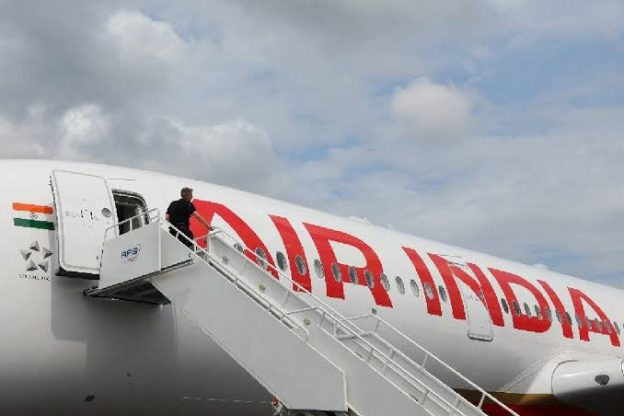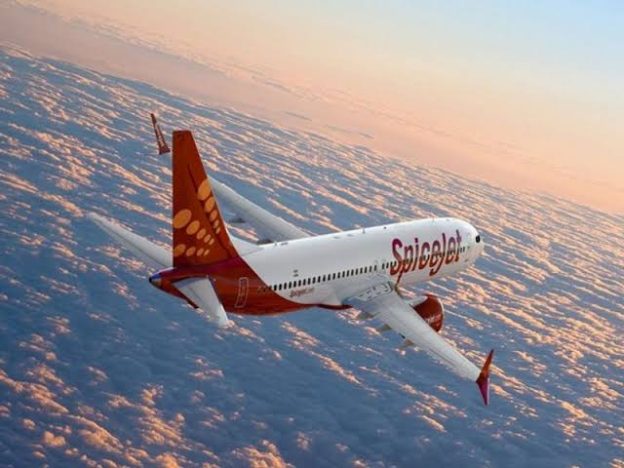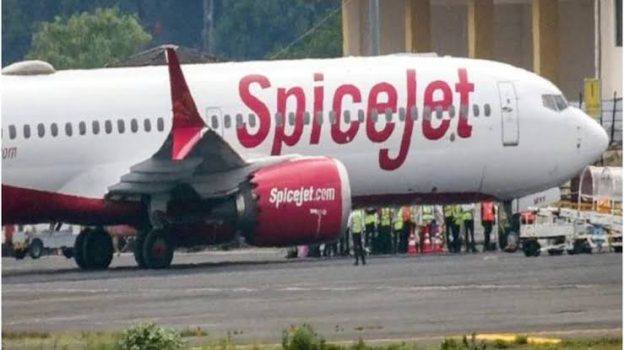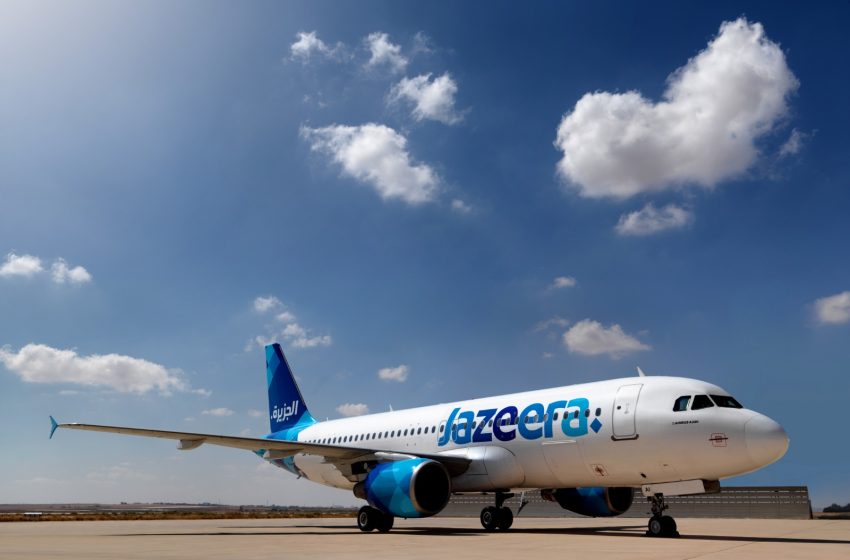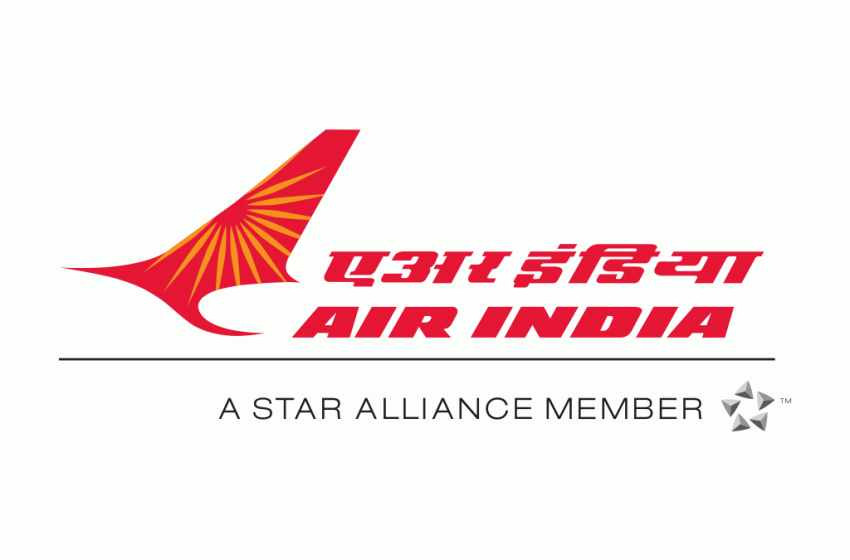Air India is set to elevate luxury travel by doubling premium cabins on its wide-body aircraft and introducing a new first-class section on Airbus A350 planes within the next two to three years. The refurbishment aligns with the Tata Group’s vision for premium travel, evident since their acquisition of Air India in January 2022. Nipun Aggarwal, Air India’s Chief Commercial Officer, revealed a 2.3x revenue surge from premium seats compared to 1.6x growth in economy class.
Under Aggarwal’s leadership, Air India’s fleet has expanded significantly, with 92 aircraft added post-acquisition and the merger of Vistara and AirAsia India into Air India and AI Express, growing the total fleet to 300 aircraft. Revenue has increased tenfold from USD 1 billion in FY 2020, and routes and flights have doubled. Aggarwal described the acquisition as a transformative opportunity to scale Tata Group’s aviation business.
To compete with foreign carriers, which control 80% of India’s long-haul market, Air India is enhancing hubs in Delhi, Mumbai, and Bengaluru. The group plans to operate 120 narrow-body aircraft per airline by next year, leveraging a hub-and-spoke model for transit traffic and boosting international connections.
While acknowledging challenges like a depreciating rupee, Aggarwal emphasised Air India’s partial hedge through international operations and forex ticket sales. He noted the airline’s strategic balance in pricing, highlighting the need to remain competitive without deterring demand in a price-sensitive market.
